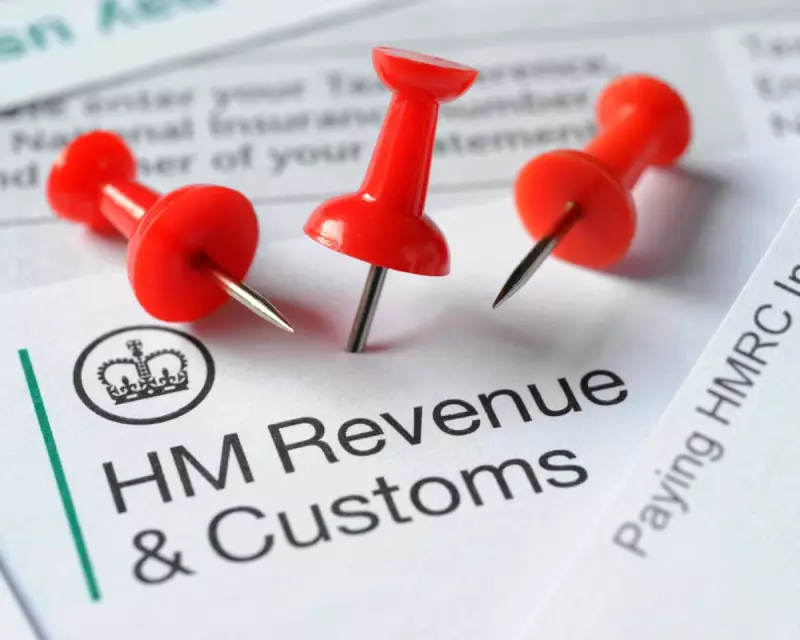
Thousands of British taxpayers are falling victim to a sophisticated fraud scheme that exploits legitimate HMRC repayment processes, leaving victims financially devastated and fighting to recover their money.
The Elaborate Scam Uncovered
Criminals are using stolen personal information to hijack genuine tax refund claims, redirecting payments to bank accounts they control. The fraud begins when fraudsters obtain enough personal data to impersonate taxpayers convincingly.
One victim, Mark Johnson, lost £1,800 meant to cover essential household bills. "I received confirmation from HMRC that my repayment had been processed, but the money never arrived," he explained. "When I contacted them, they showed me a different bank account that had received the payment - one that wasn't mine."
How the Fraud Works
The scam operates through several sophisticated steps:
- Data harvesting: Criminals gather personal information through phishing emails, data breaches, or social engineering
- Identity verification: Using stolen details to pass HMRC's security checks
- Payment diversion: Changing bank account details on genuine repayment claims
- Quick withdrawal: Immediately moving stolen funds through multiple accounts
HMRC's Response Under Scrutiny
Despite growing cases, victims report significant challenges when seeking help from HMRC. Many are told the department isn't liable for payments sent to fraudulently changed bank details.
"The system seems designed to protect HMRC rather than taxpayers," said financial advisor Sarah Wilkinson. "When someone's identity is stolen and HMRC sends money to the wrong account, the victim shouldn't be left carrying the burden."
Protecting Yourself from Tax Refund Fraud
- Regularly check your HMRC online account for unauthorized changes
- Enable two-factor authentication where available
- Be wary of unsolicited communications claiming to be from HMRC
- Monitor your bank statements closely during tax refund season
- Report suspicious activity to HMRC immediately
What to Do If You're a Victim
If you suspect you've been targeted, act quickly. Contact HMRC's phishing team, report the incident to Action Fraud, and inform your bank. Keep detailed records of all communications and consider seeking professional financial advice.
The scale of this fraud highlights the ongoing battle between evolving criminal tactics and financial security systems. As one victim starkly put it: "If HMRC can't protect our money, who can?"





